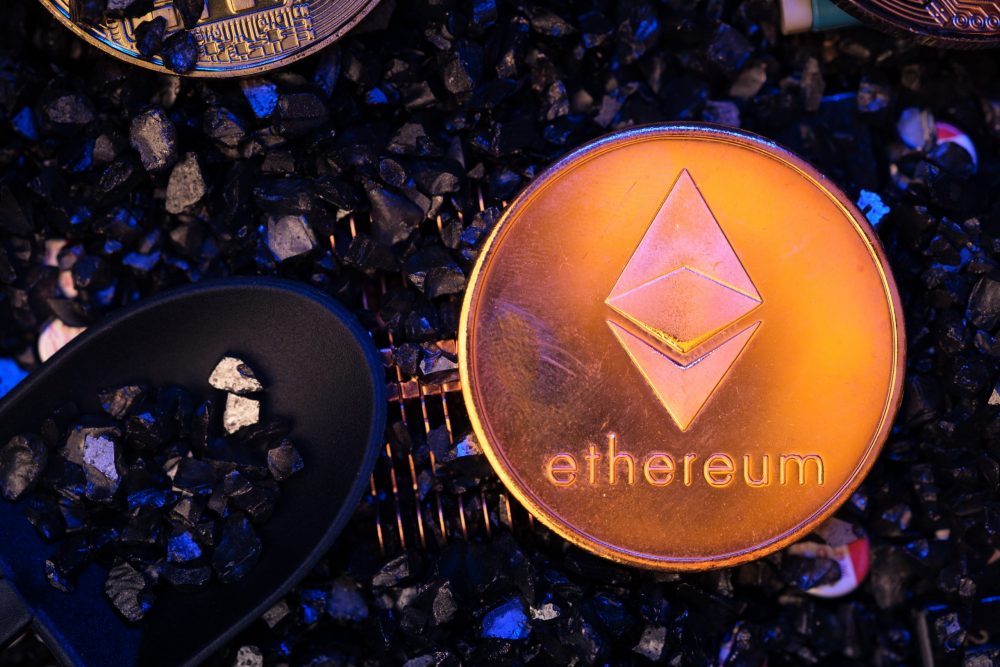
By Ashwin Rodrigues | Morning Brew
In the world of cryptocurrency, and Web3 more broadly, imperfect metaphors abound. Ethereum is a “dark forest,” and the right-click button on a computer mouse is now a stand-in for an entire mindset. Add “gas” to the growing list. Gas fees don’t denote actual liquid fuel consumption or environmental impact, they’re more like a “tip” that you’d slide a bouncer to cut the line for a club. In this analogy, the bouncer is an Ethereum miner, the club is a completed block of transactions, and the line is a bunch of eager nerds hoping to get in before Snoop Dogg comes on.
The volatile nature of gas fees became news to normies after a group of over 17,000 people called ConstitutionDAO joined together to crowdfund an effort to buy a copy of the US Constitution. Though the DAO (short for decentralized autonomous organization) raised over $40 million, their bid failed. Organizers were left to refund contributions “minus gas fees.” Members spent more than an estimated $1 million on gas fees to retrieve their donations. (Disclosure: Morning Brew previously sold a sweatshirt with “ConstitutionDAO” written across the chest.)
“Gas fees are essentially transaction fees – fees paid to miners that work to process transactions on the blockchain. As the Ethereum blockchain has grown to become the most popular blockchain used for DeFi projects and Decentralized Applications, it makes sense that Ethereum gas fees have skyrocketed. That’s the primary issue with proof-of-work protocols like Ethereum.’
“There are too many transactions in line and the Ethereum blockchain just can’t keep up. The good news is that the Ethereum blockchain plans to switch to a proof-of-stake protocol in 2022 which should bring down fees significantly. Until then, those working on new DeFi projects and dApps may want to consider existing proof-of-stake protocols like Solana or Cardano if they want to avoid the Ethereum blockchain’s current congestion.”
–Omar Abdallah, Rose Law Group Attorney advising on Web 3.0 issues including blockchain, digital assets, and Decentralized Autonomous Organizations





